Introduction
As the world’s population continues to grow, the need for sustainable farming practices becomes increasingly essential. Sustainable agriculture aims to meet the food and fiber needs of today without compromising the needs of future generations. This approach encompasses a variety of farming fields, including organic agriculture, regenerative agriculture, and agroecology. These sustainable farming practices and techniques offer numerous benefits to the environment, the economy, and our health. In this article, we will explore different types of farming techniques as well as the many advantages of adopting organic farming practices.

Types of Sustainable Farming Techniques
There is a diverse range of sustainable farming techniques that can be employed in modern agriculture. Some of the most widely adopted methods include:
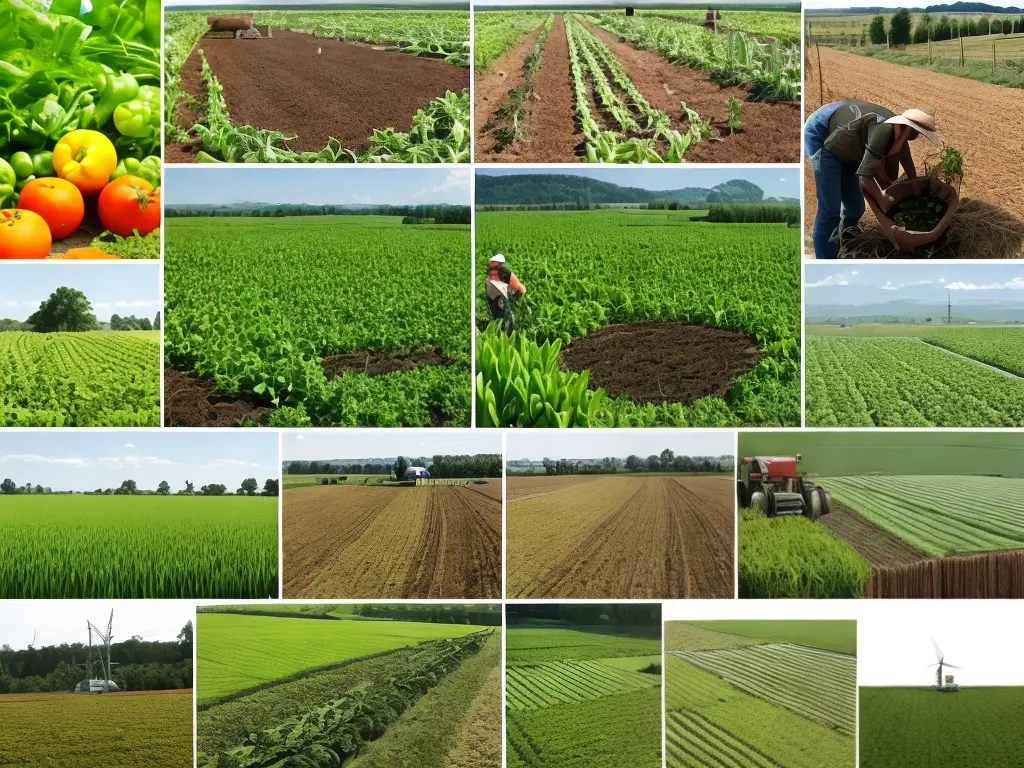
1. Agroforestry
Agroforestry refers to the integration of trees and shrubs with crops or livestock systems. This approach promotes biodiversity and helps in soil conservation, providing habitat for wildlife and supporting carbon sequestration. Agroforestry can also provide additional income sources through the production of timber, fruits, nuts, and other non-timber forest products.

2. Crop Rotation
Crop rotation is a method in which different types of crops are grown in a specific sequence on the same piece of land. By rotating crops, farmers can minimize the buildup of pests and diseases, reduce soil erosion, and improve soil fertility. Crop rotation also helps maintain soil structure, prevent nutrient depletion, and increase overall crop yield.

3. Cover Crops
Cover crops are grown not to be harvested but rather to protect and improve the soil quality. These plants help prevent soil erosion, reduce weed growth, and contribute to soil fertility by fixing nitrogen or adding organic matter when they decompose. Examples of common cover crops include legumes, grasses, and brassicas.

4. Integrated Pest Management (IPM)
Integrated pest management (IPM) is an environmentally sensitive approach to managing pests that seeks to minimize the use of harmful chemicals. IPM techniques include biological control through the use of beneficial insects, mechanical control such as traps or barriers, and cultural practices such as proper sanitation and crop rotation.

5. Conservation Tillage
Conservation tillage is a practice that reduces the impact of plowing and tilling on soil structure and fertility. By minimizing soil disturbance, this practice can help prevent erosion, conserve moisture, and enhance soil quality. Methods of conservation tillage include no-till, strip-till, and ridge-till farming.
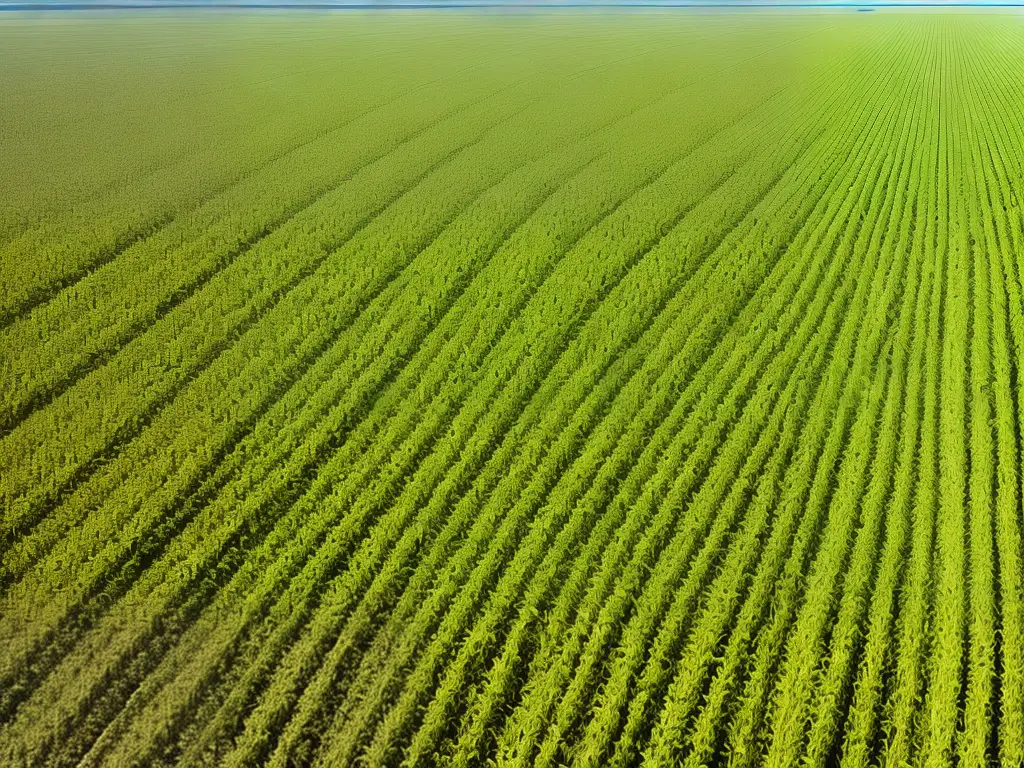
Benefits of Organic Farming
Organic farming is a sustainable agricultural approach that relies on natural processes, ecological balance, and biodiversity. By avoiding synthetic fertilizers, pesticides, and genetically modified organisms (GMOs), organic farming offers numerous benefits to our environment and health.
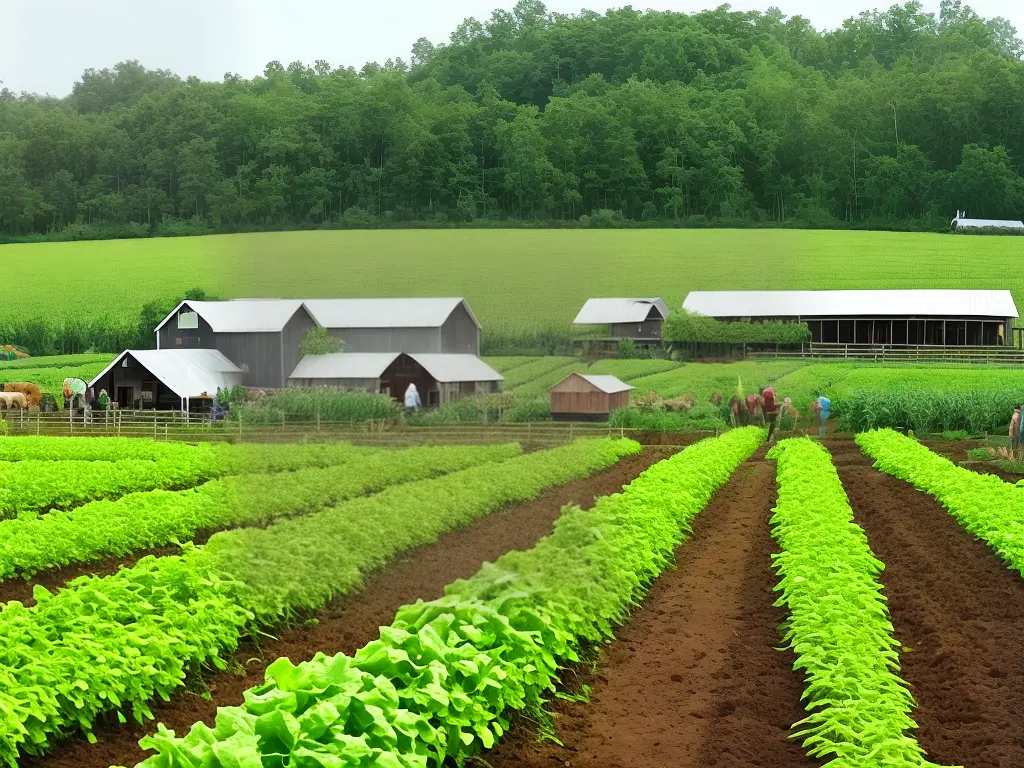
1. Environmentally Friendly
Organic farming encourages biodiversity by promoting a healthy ecosystem, including microbial life in the soil, pollinators, and natural predators of pests. Additionally, this approach contributes to climate change mitigation through reduced greenhouse gas emissions, carbon sequestration, and adaptation to changing climate conditions.
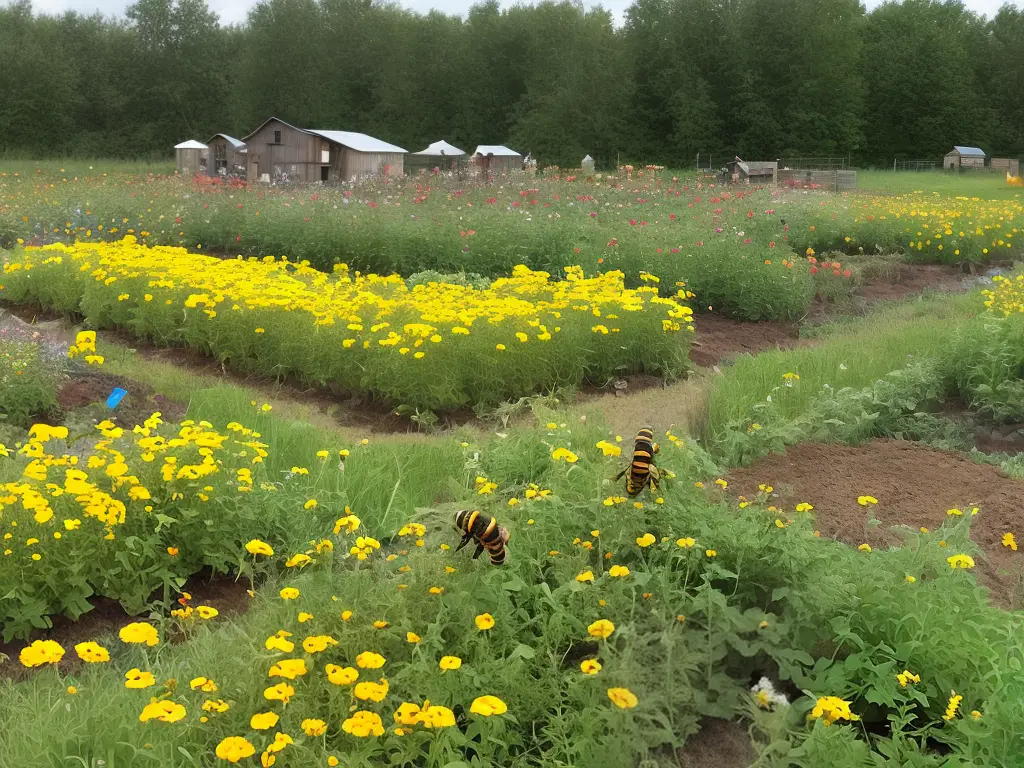
2. Healthier Produce
Organic produce is often higher in antioxidants and essential nutrients due to higher soil quality and the absence of harmful chemicals. Organic farming also helps to reduce exposure to pesticides and antibiotic-resistant bacteria, promoting a healthier environment and lowering potential health risks for consumers.
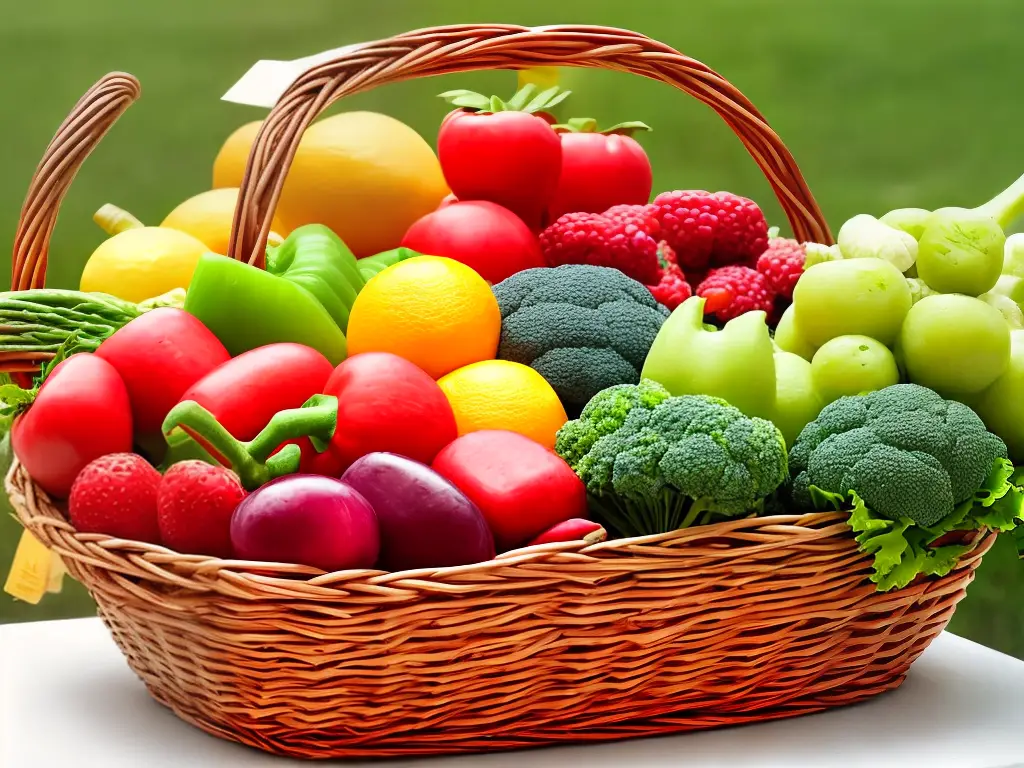
3. Economic Benefits
Organic farming practices can be more cost-effective for farmers by reducing the need for expensive synthetic inputs. Additionally, organic farming provides a premium market for products, allowing farmers to receive higher prices for their crops. Organic agriculture can also support rural development and job creation by promoting local, small-scale production.
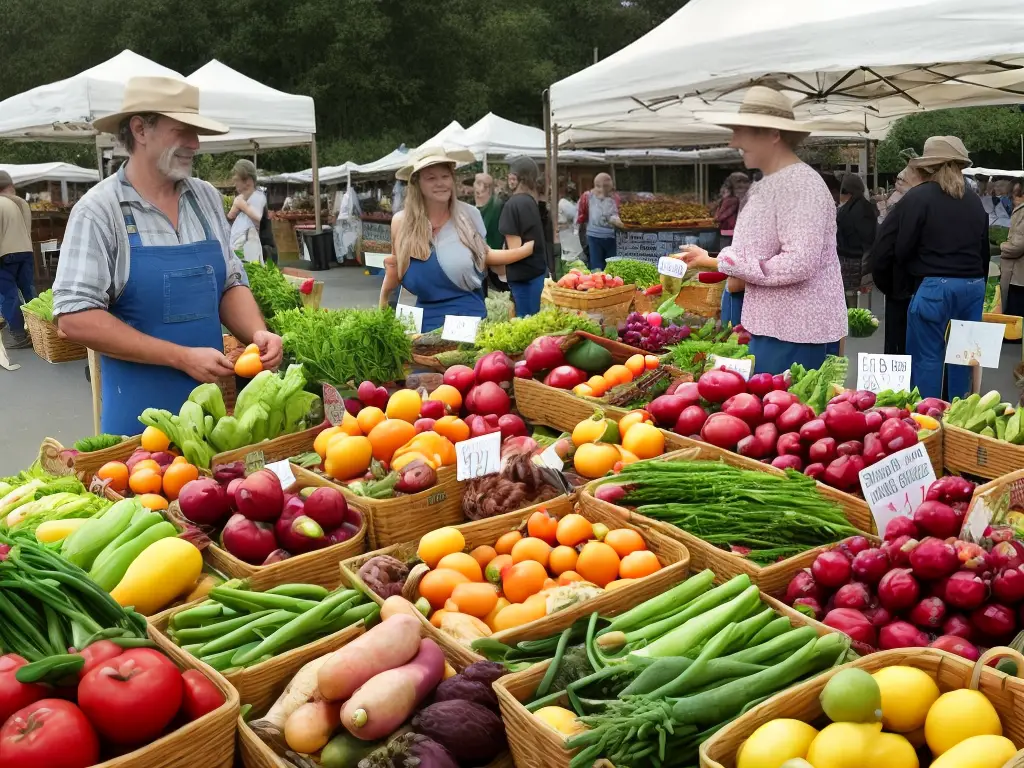
Conclusion
Sustainable farming practices and organic agriculture offer significant benefits for the environment, our health, and the economy. By adopting these techniques, we can ensure a more secure and resilient food future for generations to come. Embracing sustainable farming as part of our food systems will not only help protect our planet but also enhance the quality of life for all.
